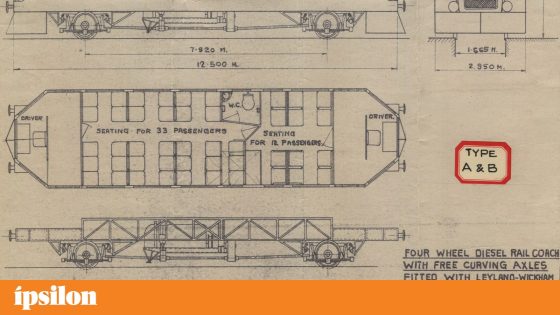On February 23, 2025, Portugal announced a major initiative to digitize 2.2 million railway documents, paving the way for a modernized future. This ambitious project aims to preserve historical records while enhancing accessibility. How will this transformation impact Portugal’s cultural heritage and tourism?
- 2.2 million documents from Portuguese railway
- ISCTE launches immersive historical archive lab
- New lab for processing large archives created
- First 3D visualization lab for historical archives
- DAViD: new digitization and visualization lab
Portugal’s Railway Document Digitization: A Step Towards Modernization
What does the digitization of 2.2 million railway documents mean for Portugal? This initiative is not just about preservation; it’s about making history accessible. By converting these documents into digital formats, Portugal is ensuring that its rich railway history is preserved for future generations.
Enhancing Accessibility to Portugal’s Rich Railway History
The digitization project aims to make historical railway documents easily accessible to researchers, students, and the general public. This effort is expected to foster greater interest in Portugal’s railway heritage, encouraging educational and tourism opportunities.
Key Benefits of the Digitization Project
This initiative offers several advantages:
- Preservation of historical records for future generations.
- Improved access to documents for researchers and the public.
- Potential boost to cultural tourism in Portugal.
- Enhanced educational resources for schools and universities.
Impact on Cultural Heritage and Tourism
The digitization of railway documents is expected to have a significant impact on cultural heritage. By making these records available online, Portugal can attract more tourists interested in its history. This project could lead to increased visits to museums and historical sites, enriching the visitor experience.
Future Prospects for Digital Archives in Portugal
As Portugal embraces digital technology, the future looks bright for its historical archives. This project sets a precedent for other cultural institutions to follow suit, potentially leading to a nationwide effort to digitize more historical documents. How will this change the way we engage with history?
In conclusion, Portugal’s digitization of railway documents is a significant step towards preserving its rich history while enhancing accessibility. This initiative not only safeguards cultural heritage but also opens new avenues for tourism and education.































